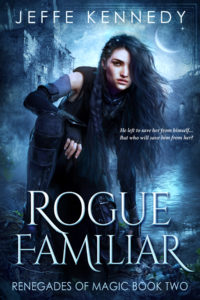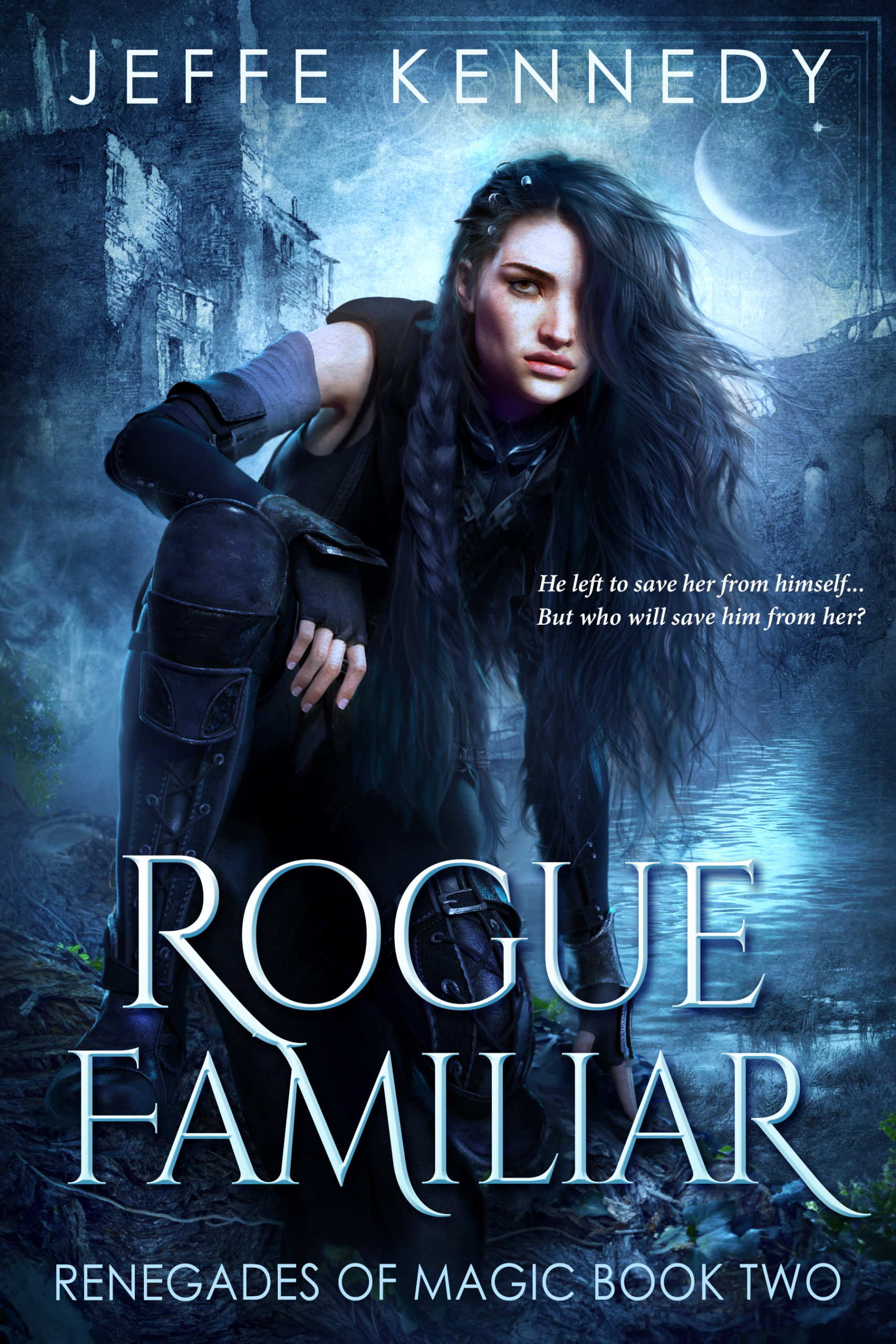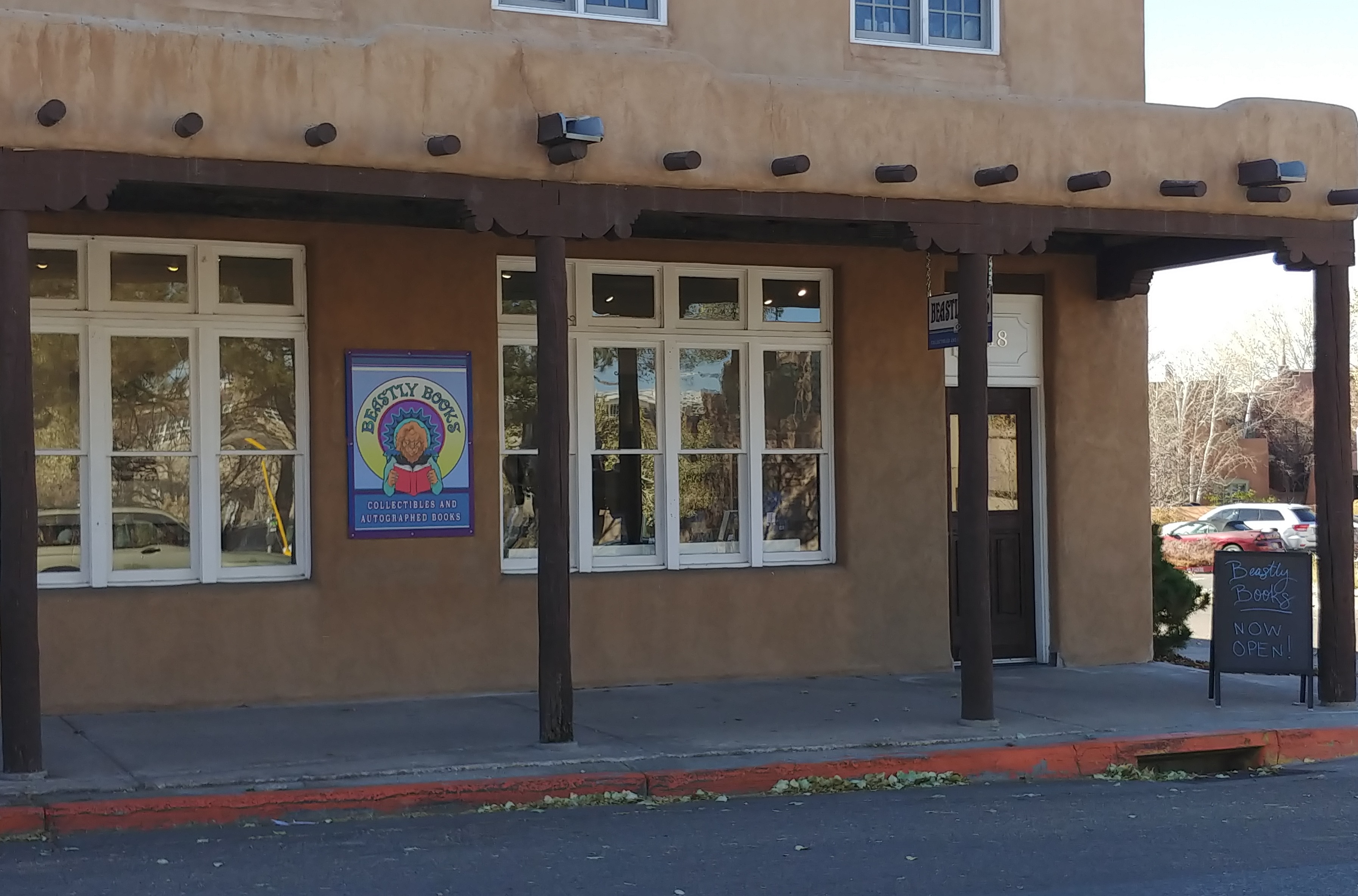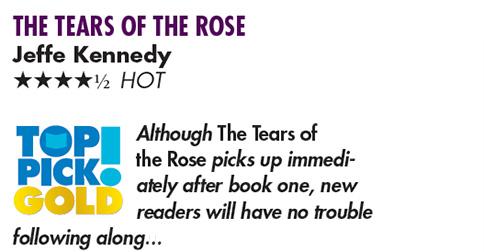Cover reveal for ROGUE FAMILIAR today! I’m also talking more about finances for creatives, monetizing creativity and why there’s a fundamental problem with it, and other aspects of being a professional creative that aren’t widely discussed.

RITA ® Award-Winning Author of Fantasy Romance

Cover reveal for ROGUE FAMILIAR today! I’m also talking more about finances for creatives, monetizing creativity and why there’s a fundamental problem with it, and other aspects of being a professional creative that aren’t widely discussed.







And, yes, I’m totally over the moon about it. This Top Pick Gold is an even higher rating than RT Magazine gave The Mark of the Tala, the first book in The Twelve Kingdoms. Beyond the obvious thrill of having this sort of amazing compliment is the incredible validation of having the second book exceed the first. It’s hugely important to me to continue to grow and learn as a writer. This tells me I’m on the right track.
The review says this:
Although The Tears of the Rose picks up immediately after book one, new readers will have no trouble following along as the events surrounding Prince Hugh’s death – at the hands of Amelia’s sister – are quickly described. Amelia’s journey from pampered princess to empowered woman begins with sorrow and pain, until she begins to see her purpose and embraces her newfound strength and power. She is a surprising female character, as is the scarred and mysterious Ash. He shows Ami what passion and love truly mean in the sexiest way possible – loving her unconditionally even when it seems impossible for them to be together. One of the highlights of the Twelve Kingdom series so far is that the women are charged with saving themselves and creating their own happily-ever-after, with the men surrounding them just one part of the process.
It means even more that they love about this book exactly what I do. I couldn’t be happier!
Another reason to feel good about this love for book 2 is that I wrote it on deadline. See, I wrote book 1, The Mark of the Tala, before my agent sold it. I had plenty of time to write it (though I did hold myself accountable to my self-imposed schedule, which I strongly advise pre-pubbed writers to do). On The Tears of the Rose, however, all I had was a few paragraphs of concept and a looming deadline.
I had a conversation with a younger author about this the other day, where she lamented the difficulty of trying to stay on track with the book she’d sold on spec (like I did with The Tears of the Rose). She was having a lot more trouble getting the book to gel and feeling a lot more stressed, even though she’d written the first book in the series in the same amount of time. I commented that I think it has to do with trying to wedge a part of ourselves essentially without timelines – our creativity – into a schedule.
A few years back I read a book called My Stroke of Insight. It’s not a book one would typically pick up to learn about creativity, but it’s an amazing story that way. The book is an autobiographical recounting of a brain scientist who experienced a devastating stroke in the left hemisphere of her brain. Because of her training and knowledge, she was able to observe her own symptoms and the effects of the injury on her thought processes with detailed insight. We often talk about the left brain being in charge of math, logic and other linear concepts while the right brain is our creative, language and imagination-based side. What this very left-brained scientist discovered was that the loss of function on that logical, linear side freed her creative brain in a new way. She also found that she lost most sense of schedule, timelines and organization. As her left brain recovered, she improved. In the interim, however, she was terrible at being on time.
This is what we’re dealing with by writing to deadline. The left brain knows all about that schedule, but the creative side – our storyteller – is oblivious. It moves on its own time, which is in some ways no time at all.
I ended up telling this writer that for me it’s a lot like making pie crust. Good bakers can make a pie crust come out perfectly a lot of the time. I’m a better baker than I used to be, but I’m no pro. I am, however, getting to be more of a professional writer. A lot of that is building skill. Experience and knowledge make the professional. Another piece is having a good recipe. Choosing the recipe that works also comes from experience and taste. You have to know what works for you. The final component, as every cook knows, is a dollop of hope and black magic. Sometimes you do everything right and the pie crust turns out tough. Or falls apart. A good baker plans around this and can recover.
She also gives the blessings of the kitchen gods their due.